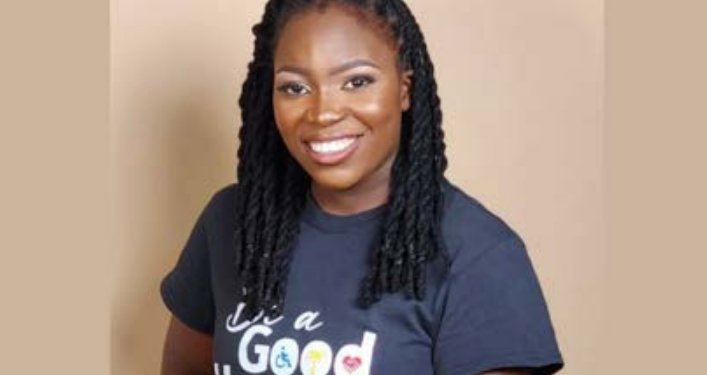The International Day of Zero Waste serves as a reminder that waste is not just an environmental issue—it is a human rights issue. In Antigua and Barbuda, waste management affects tourism, public health, and economic resilience. For individuals with disabilities, accessibility in recycling programs and waste management jobs can mean the difference between exclusion and empowerment.
“Waste is a design flaw,” says environmental advocate Kate Kreba. This statement highlights the need for systemic change in how Antigua and Barbuda approaches waste. Traditionally, waste disposal has been linear—items are used and then discarded. But with innovative policies and community engagement, the country is beginning to shift toward a circular economy.
Good Humans 268 Inc. is spearheading efforts to integrate individuals with disabilities into waste reduction initiatives. The organization’s recycling program not only diverts waste from landfills but also creates employment opportunities for people who are often marginalized in traditional job markets. “The Earth is a fine place and worth fighting for,” wrote Ernest Hemingway, a sentiment that fuels the passion of those working to create a sustainable and inclusive future for all citizens.
Tourism, a pillar of Antigua and Barbuda’s economy, stands to benefit greatly from stronger waste management policies. Visitors are increasingly drawn to destinations that prioritize sustainability. Hotels and resorts are responding by implementing zero-waste policies reducing single-use plastics, and adopting composting programs. At the same time, local businesses are embracing the refill revolution, offering alternatives to disposable packaging and encouraging customers to bring their own containers.
Despite these positive developments, there are still challenges to overcome. A significant portion of waste on the island comes from imported goods with excessive packaging. Additionally, waste separation at the household level is not yet widespread. To address these issues, a combination of government regulation, corporate responsibility, and public education is needed.
As the nation observes the International Day of Zero Waste, it is crucial to remember that everyone has a role to play. Sustainable change happens when individuals, businesses, and policymakers work together. “We cannot achieve zero waste without reuse,” reminds MaryEllen Etienne. By supporting inclusive waste management programs, advocating for smarter policies, and making personal commitments to reduce waste, Antigua and Barbuda can become a leader in the Caribbean’s sustainability movement.
With the right investments, education, and community-driven action, a zero-waste Antigua and Barbuda is within reach. Let March 30 serve as not just a day of awareness, but as a catalyst for long-term change.
—
Joshuanette Francis
Business Teacher at All Saints Secondary
Tel 268 727 2120 or 268 463 5674



